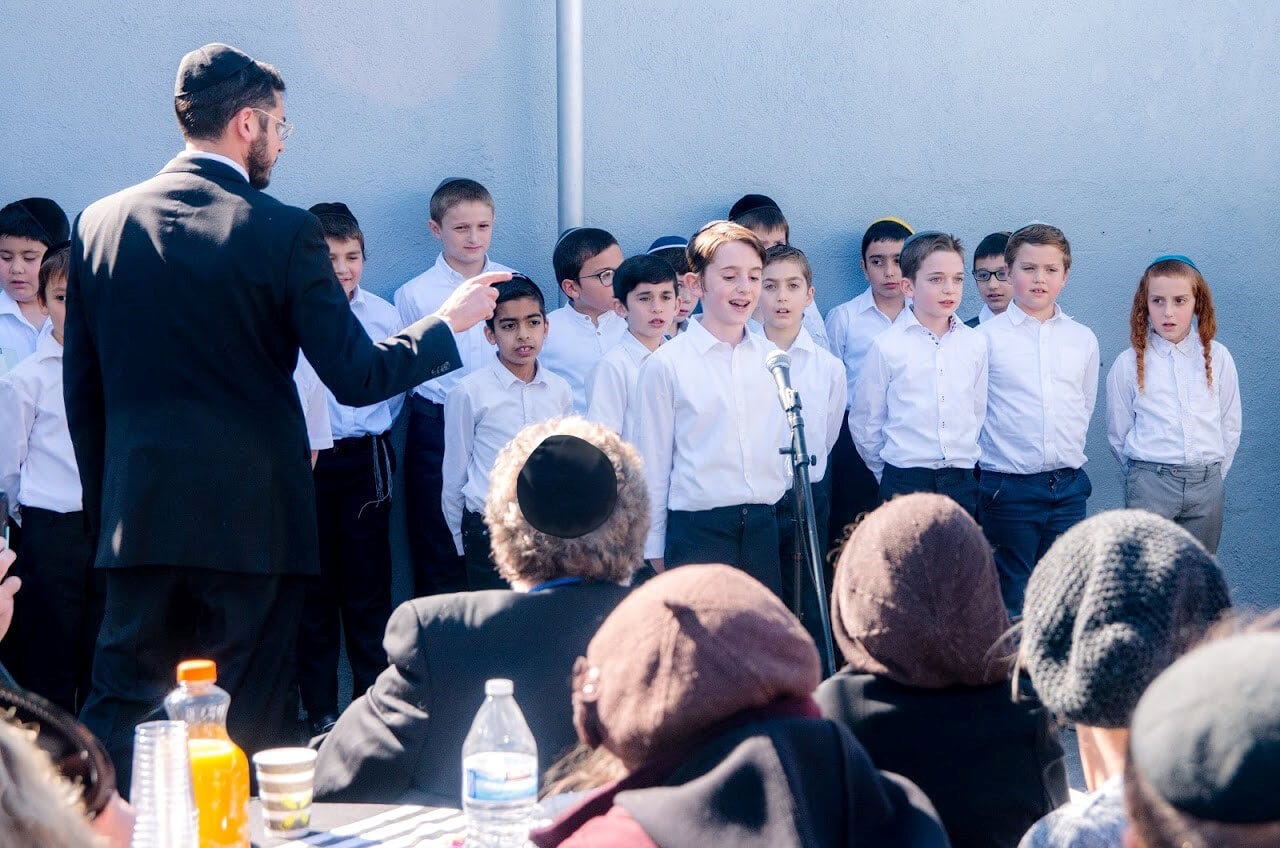A Secondary Miscommunication

In the previous post, I described how the term "yeshiva ketana" has completely different meanings in Israel and in the United States regarding the presence or absence of secular studies. Several people pointed out that there was another misunderstanding going on. The term "yeshivah ketana" in Israel and the US refers to very different age groups.
In the US, yeshiva ketana is grade 1-8, mesivta is 9-12, and yeshiva gedolah is post-high school age. In Israel, on the other hand, grades 1-8 are called cheder, 9-11 is yeshiva ketana, and post-11th grade is yeshiva gedolah.
Thus, what Americans call "yeshiva ketana" is that which in Israel is called "cheder." Accordingly, some claimed that my post was baseless, because cheder in Israel does include secular studies.
But this is not the case. Even comparing cheder in Israel to yeshiva ketana in the US, which is what the comparison should be, the differences are profound.
Yes, cheder in Israel includes secular studies. But the amount of secular studies is absolutely minimal. Forget about academic excellence in secular topics - the chadarim are very, very far from the core curriculum. The contrast to a "black hat" yeshivah ketana in the US is enormous.
But they are not only different in terms of how much secular studies exist. An even more profound difference is with regard to the trajectory on which the differing institutions place the students.
At a yeshiva ketana in the US, once the boys finish eighth grade, they proceed to mesivta - high school. At this institution, they will continue to received secular studies, at a higher level, preparing them for college and a career.
In Israel, on the other hand, once the boys finish cheder, they are off to a yeshivah ketana that has no secular studies at all. Yes, there are some exceptions, such as Maarava and Mesivta of Beit Shemesh. Still, in general, this is the case. And even with the exceptions, they are often still institutions which, while providing a level of secular studies, directs the students towards long-term kollel rather than college and a career. See this very important post, Maarava - Not Enough, Or Too Much? in which Rav Leff says he regrets Maarava offering any secular studies!
And so, notwithstanding my misunderstanding of the different age groups, the basic point is still valid. Black hat Jews in the US and black hat Jews in Israel are living in completely different worldviews, especially with regard to education. But the superficial similarities of dress and language lead to problems of people not realizing this.


